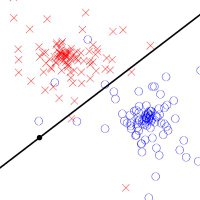
Sierra Team
@sierra_ml_lab
Twitter account of the Sierra project-team
@Inria_Paris, @CNRS, @ENS_ULM
#MachineLearning & #Optimization
ID: 1376510610721112070
https://www.di.ens.fr/sierra/ 29-03-2021 12:25:18
56 Tweet
435 Followers
30 Following

Au département d’informatique de l’ENS, le CNRS et Inria main dans la main dans l’effort. #LEtapeduTour Bravo Olivier Cappé!
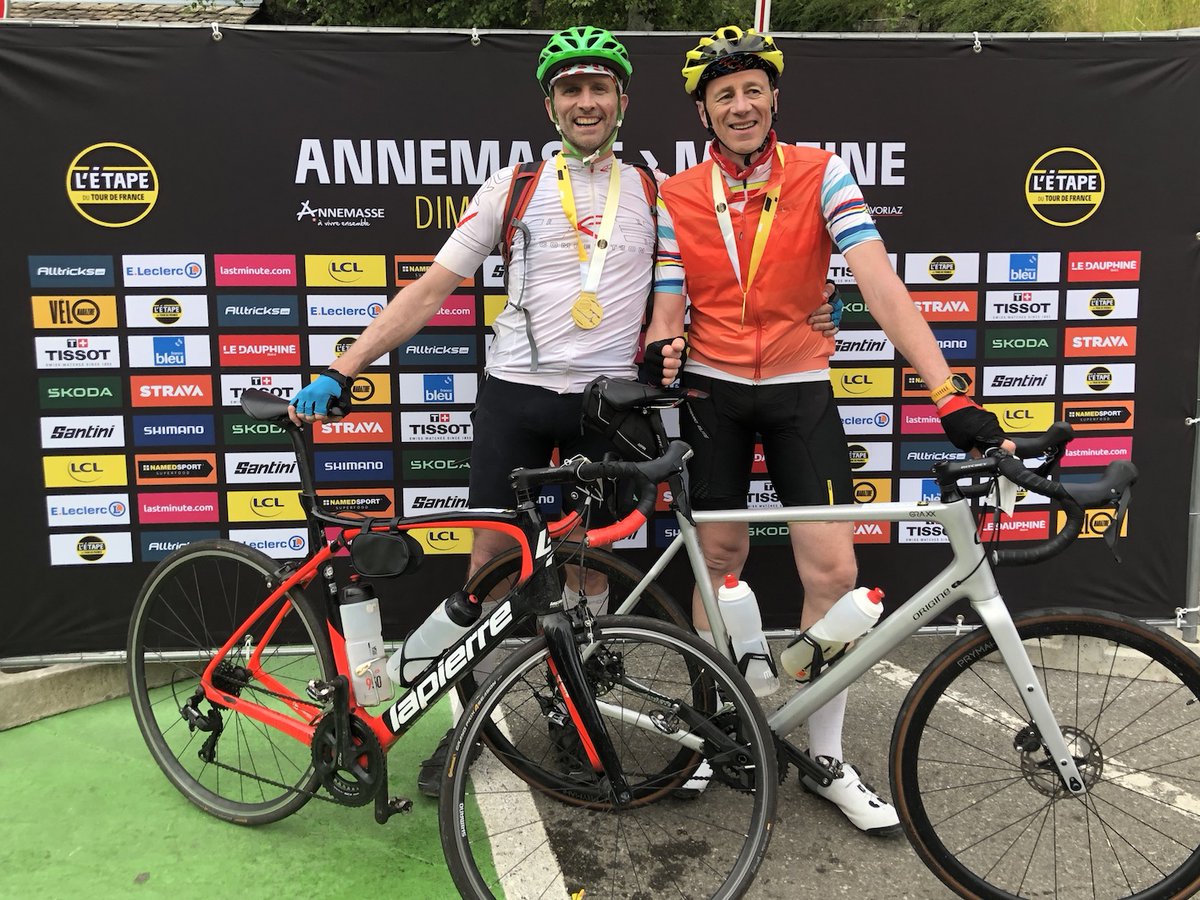

Antonio Orvieto and I are planning to co-advise a student from this program. If you are interested in optimization for deep learning, please apply!



🙎♂️🔬 #30minScience | Aujourd’hui, au centre Inria de #Paris, Umut U. Simsekli (Sierra Team) nous présente une demi-heure de science consacrée aux #Fractales : ”Fractals in Machine Learning”. 🔎 Découvrez en plus sur Umut et ses recherches dans : di.ens.fr/umut.simsekli/…



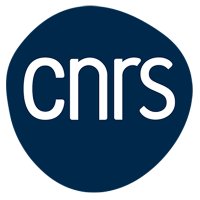
#ERCStG 🏆 | Félicitations à Adrien Taylor, chargé de recherche @inria au centre Centre Inria de Paris, membre de l'équipe-projet commune Sierra Team (CNRS 🌍 CNRS Sciences informatiques École normale supérieure | PSL), lauréat d'une ERC Starting Grant 👏 Découvrez son portrait et son projet 👉 buff.ly/3YlTBU6


🎓#PhDs | Félicitations à Juliette Murris et Alice Rogier de l’équipe HeKA research team (Université Paris Cité, @CRCordeliers, Inserm) ainsi qu'à Oumayma Bounou et Céline Moucer des équipes WILLOW et Sierra Team (CNRS Sciences informatiques, École normale supérieure | PSL) qui ont soutenu leur #thèse en octobre 🎉👏 !



🔴 Inria est présent à la conférence "AI,Science and society" à Institut Polytechnique de Paris, prélude au #SommetActionIA et sous la direction du Pr. Michael Jordan (UC Berkeley-Inria) ! L'événement a été inauguré ce matin par Michael Jordan et cet après-midi par Clara Chappaz 🗣
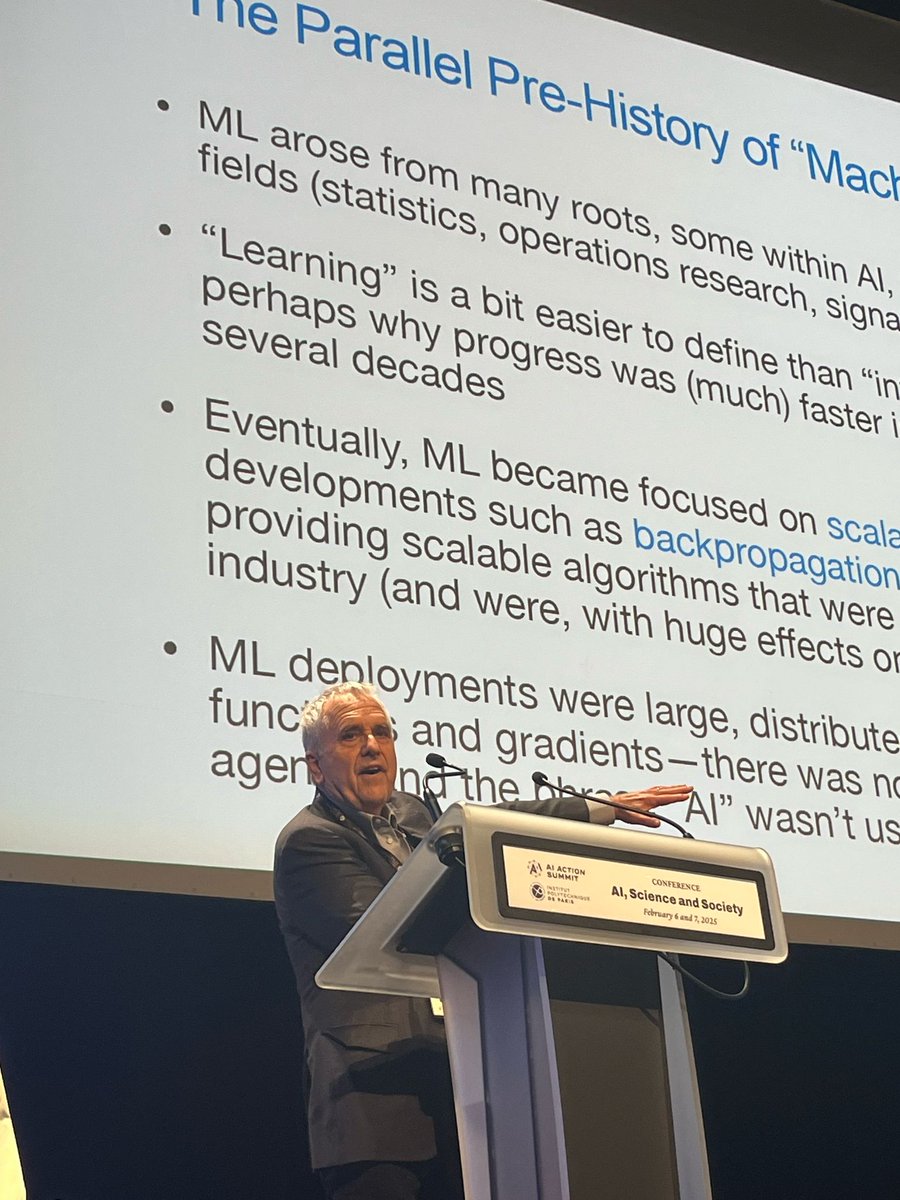

[🔴#IAScienceSociety] Francis Bach (Centre Inria de Paris-@ENS_ParisSaclay) participe au symposium "The Mathematics of #MachineLearning" aux côtés de Gabriel Peyré, Gilles Louppe (Université de Liège), Gersende Fort (CNRS 🌍) et Vianney Perchet (ISAE Institut Polytechnique de Paris).
![Inria (@inria) on Twitter photo [🔴#IAScienceSociety] <a href="/BachFrancis/">Francis Bach</a> (<a href="/inria_paris/">Centre Inria de Paris</a>-@ENS_ParisSaclay) participe au symposium "The Mathematics of #MachineLearning" aux côtés de <a href="/gabrielpeyre/">Gabriel Peyré</a>, Gilles Louppe (<a href="/UniversiteLiege/">Université de Liège</a>), Gersende Fort (<a href="/CNRS/">CNRS 🌍</a>) et Vianney Perchet (<a href="/INSAE/">ISAE</a> <a href="/IP_Paris_/">Institut Polytechnique de Paris</a>). [🔴#IAScienceSociety] <a href="/BachFrancis/">Francis Bach</a> (<a href="/inria_paris/">Centre Inria de Paris</a>-@ENS_ParisSaclay) participe au symposium "The Mathematics of #MachineLearning" aux côtés de <a href="/gabrielpeyre/">Gabriel Peyré</a>, Gilles Louppe (<a href="/UniversiteLiege/">Université de Liège</a>), Gersende Fort (<a href="/CNRS/">CNRS 🌍</a>) et Vianney Perchet (<a href="/INSAE/">ISAE</a> <a href="/IP_Paris_/">Institut Polytechnique de Paris</a>).](https://pbs.twimg.com/media/GjHFwK6WgAAebig.jpg)
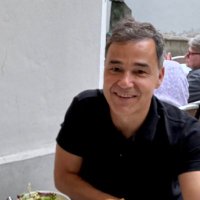


A free book: Learning Theory from First Principles by Francis Bach It covers a bunch of key topics from machine learning (ML) theory and practice, such as: - Math basics - Supervised learning - Generalization, overfitting & adaptivity - Tools to design learning algorithms -
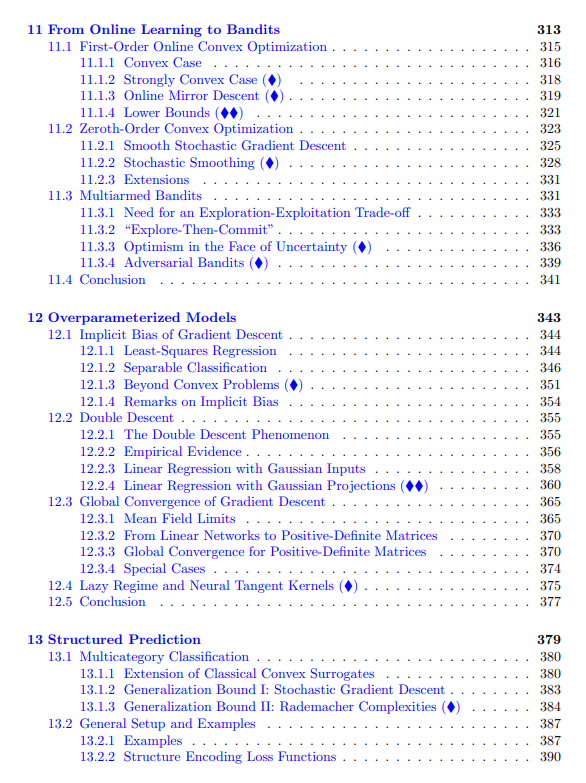

For good probability predictions, you should use post-hoc calibration. With Eugène Berta, Michael Jordan, and Francis Bach we argue that early stopping and tuning should account for this! Using the loss after post-hoc calibration often avoids premature stopping. 🧵1/


I’ll be presenting our paper at COLT in Lyon this Monday at the Predictions and Uncertainty workshop — come say hi if you're around! 👋 Check out David Holzmüller's thread below 👇 #COLT2025

Happy to have our recent papers on conformal prediction with e-values presented at COLT by my advisor Francis Bach! Full details here: 📚arxiv.org/abs/2503.13050 📚arxiv.org/abs/2505.13732 #COLT2025



